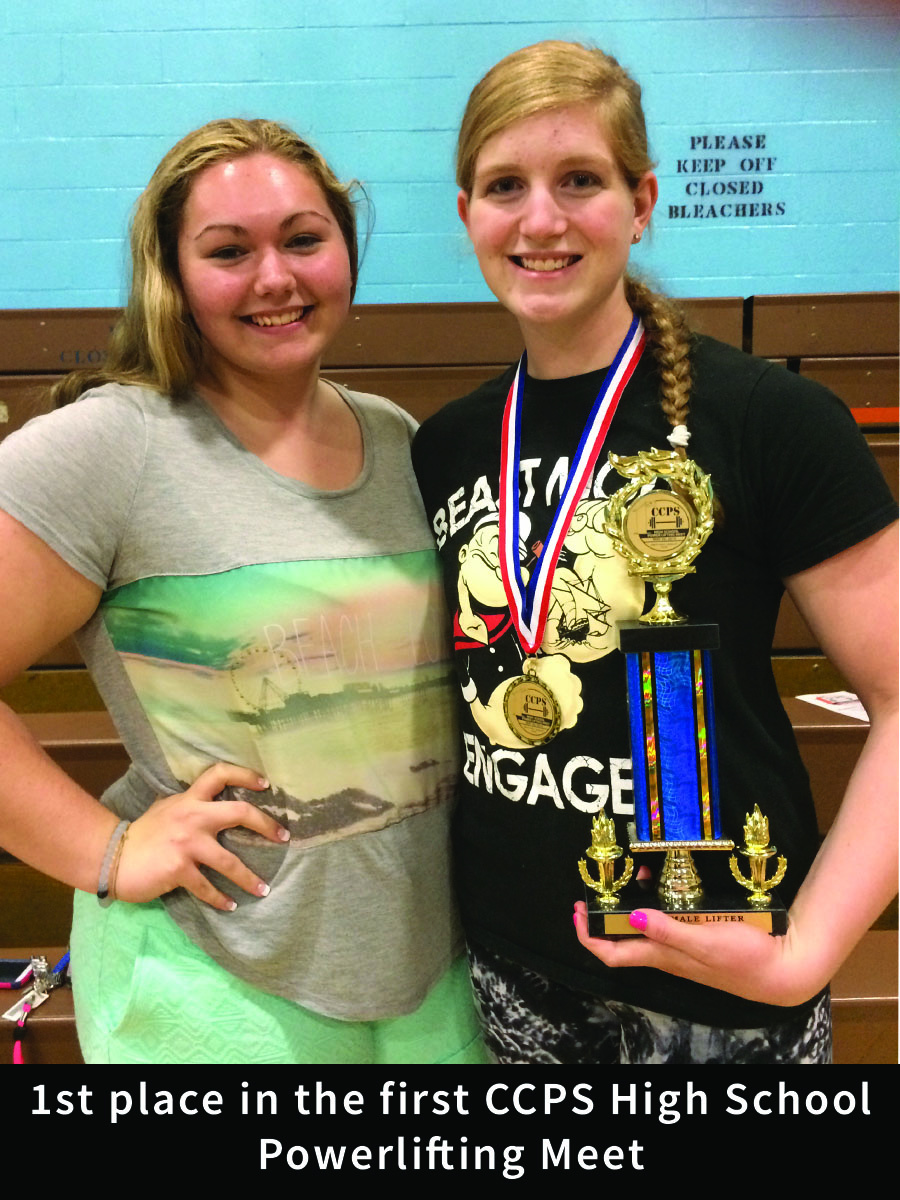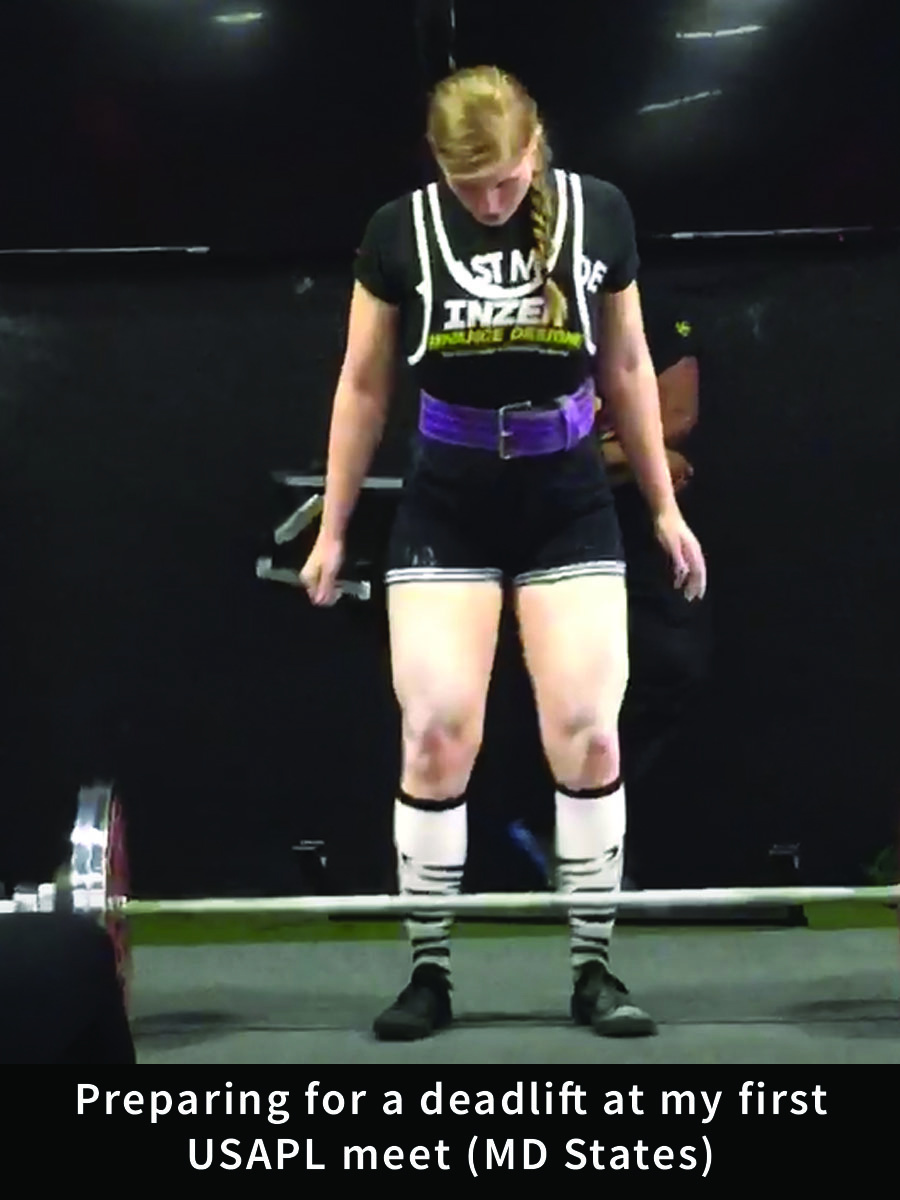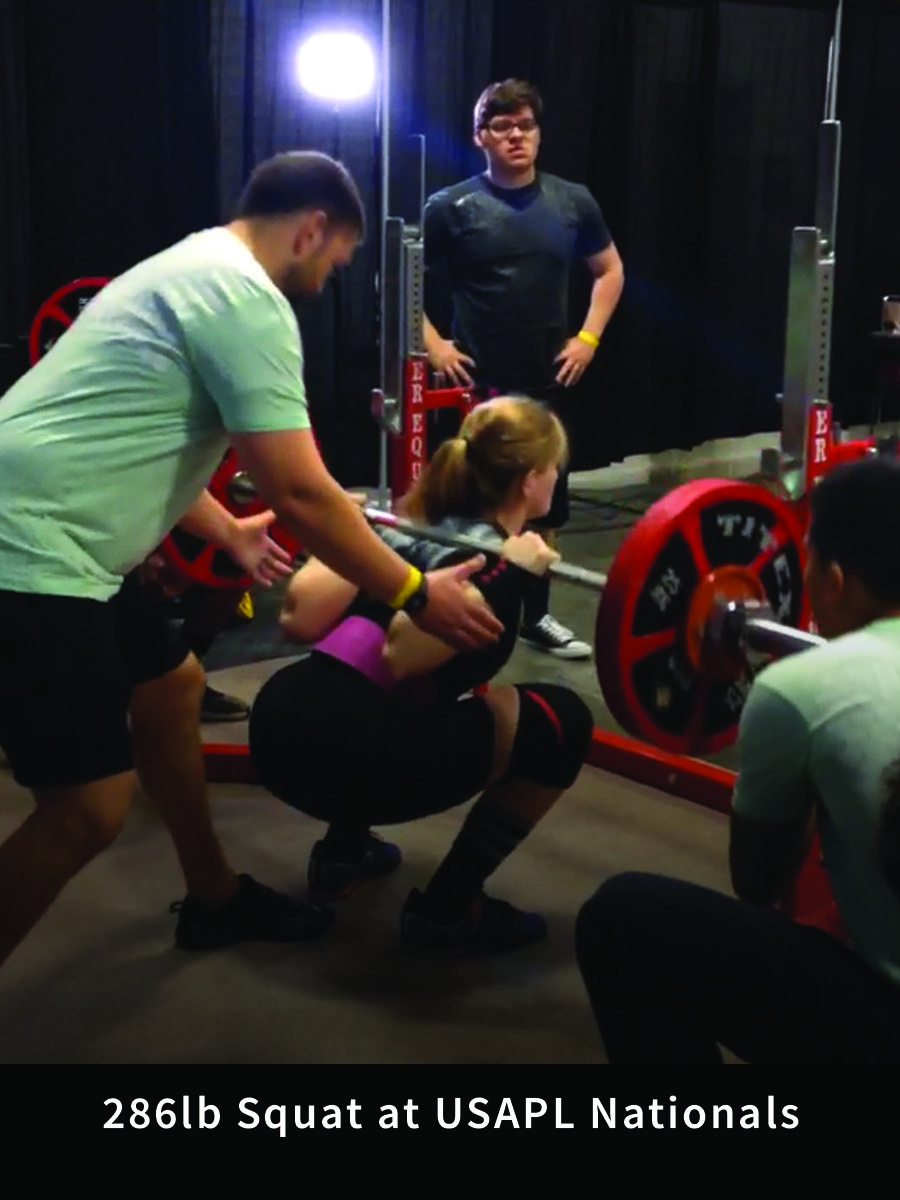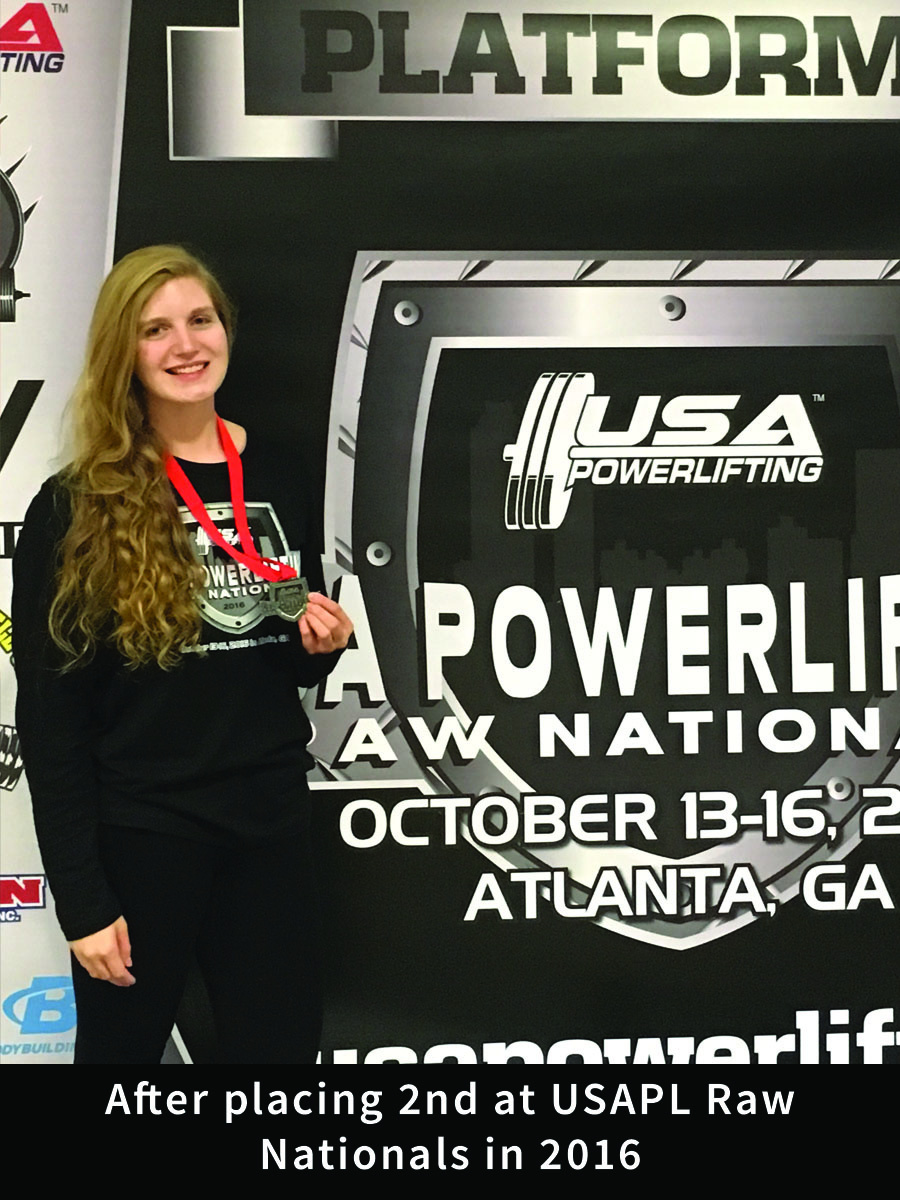Strength Training for Women: The "Bulky" Truth
- WFL Trainer

- Aug 21, 2019
- 4 min read
Have you ever heard someone say that lifting weights will make a woman "bulky," or even had that concern yourself? One of our trainers, Jess, says that she has encountered that mentality quite often in her years of lifting and training. Here's what she has to say on the matter:

"When I first started lifting back in high school, I heard many times that lifting weights (especially heavy ones) was something that should be left to men, and that lifting weights as a woman would give me "unnecessary muscle" or make me "bulky." This was advice I never heeded, but seemed to be a common misconception from the general public regarding women lifting weights. It also made it challenging at first for me to feel like I "fit in" inside the weight room, and it took time for me to feel like my presence there was as justified as it was for the men. When I started college, I made shifting the public's perspective of women lifting weights a priority. I joined the Weightlifting Club (now Barbell Club) at the University of Maryland, where I met other women who also found joy in strength training. I also made the topic a primary focus for many of my academic papers and projects, including the creation of a campaign I called "Strength over Stereotype." You can view a video I made for one of these projects below.
Since I first began my journey I've been involved in different varieties of strength training with different goals, including general strength training, powerlifting, and functional training. For those unfamiliar with the term, powerlifting refers to the squat, bench, and deadlift movements. There are powerlifting competitions that lifters can enter, and these competitions are run by different federations. The federation I competed within was USA Powerlifting (USAPL). I competed in my first unofficial powerlifting meet during my senior year of high school, placing first for the women and spurring my interest in competing. From there, I competed in multiple USAPL meets (you can see the stats here) and placed 2nd at USAPL Raw Nationals in the Teen 3 72kg division for women. At the time of writing this, I still hold the Maryland State Record for the Teen 3 72kg women for the deadlift (336.2lb) and total (782.6lb). After competing at Nationals in Fall 2016, my powerlifting was put on the back-burner while I directed my focus towards finishing my college degree and beginning work. While I still have a strong love for strength training, my current workouts focus more on functional fitness and maintenance than increasing strength.
Why am I sharing this? Because while the idea of women strength training has become a little more "mainstream," there are still many women who are intimidated to enter a weight room, and many others who continue to perpetuate the idea that women should stay on the treadmill. Is there anything inherently wrong with the treadmill, other cardio equipment, or any form of exercise other than strength training? Absolutely not! Every individual should engage in the form/s of exercise that they prefer and enjoy, and a variety of exercises are important for different goals. However, all individuals should also feel comfortable and educated enough to engage in strength training if they so choose.
"But I don't want to get bulky. I just want to tone."
The average strength training program will not make you "bulky." Let me say it again. The average strength training program will not make you bulky. The women who are often depicted as being the "bulky" result of strength training have worked extremely hard to attain that level of muscle for bodybuilding competitions or other personal goals. Their level of muscle definition is not something that would be achieved unintentionally. What many refer to as "bulk" can more accurately be termed "muscular hypertrophy" (muscle growth). Strength training programs can be adapted to target muscular strength, hypertrophy, or endurance. Even so, to reach the bodybuilding level requires an extremely dedicated workout regiment in the hypertrophy range, combined with specific dieting and other factors.
Additionally, muscle strengthening is important! The U.S. Department of Health & Human Services maintains the "Physical Activity Guidelines for Americans." These guidelines recommend that all adults engage in at least 150 minutes of moderate-intensity (or at least 75 minutes of vigorous-intensity) aerobic activity per week and perform muscle-strengthening activities at least two times per week. Muscle strength is essential for everyday activities (like carrying your groceries), and becomes even more essential as you age. As you age, sarcopenia (loss of muscle mass) begins to occur, and the risk of osteoporosis (loss of bone density) increases. Post-menopausal women are at an increased risk of developing osteoporosis, making the maintenance of bone density even more important. Strength training helps to mitigate the effects of both sarcopenia and osteoporosis by slowing the degeneration of muscle mass and bone density. Other benefits of strength training include weight loss, stress reduction, and increased confidence.
Personally, one of my favorite things about strength training has been an increase in confidence. Lifting weights allowed me to focus my success less on body image and the weight on the scale, and redirect that focus towards how my form looked for lifting exercises and how much weight I could pick up. I think this confidence is something that everyone should have access to and experience. As a trainer I hope to make this experience possible for others, as well as continue to advocate the many mental and physical health benefits related to strength training.
Please note that "strength training" doesn't have to mean powerlifting. There are different variations and levels of strength/resistance training appropriate for different individuals. I aim to help each of my clients find the version of resistance training that is most effective for them and their individual goals."
Photos/Videos:
Below is a video from a college class project. The "Strength over Stereotype" project was intended to show people that a woman's strength and femininity can exist at the same time. I filmed the video with a camera on a tripod.











Comments